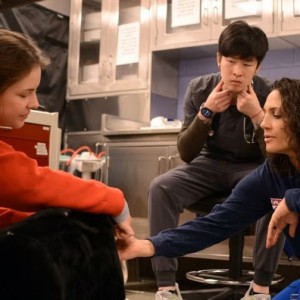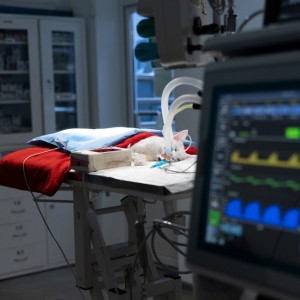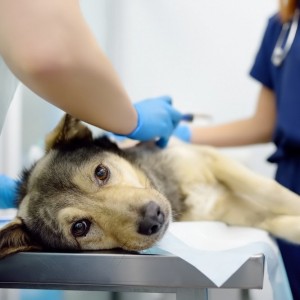The diagnostic utility of hypophosphatemia in dogs with generalized tonic-clonic seizures
Transient hypophosphatemia is often detected in humans following generalized tonic-clonic seizures (GTCS), and serum phosphorus concentration (sPi) serves as a marker to differentiate GTCS from syncope. The objective of this retrospective study was to assess the usefulness of hypophosphatemia as a diagnostic marker for GTCS in dogs.
Researchers enrolled 87 and 26 client-owned dogs with GTCS or syncope, respectively. Dogs were included if the episode occurred ≤ 3h from presentation, and if sPi and serum creatinine (sCr) were measured. Dogs were excluded if aged <1 year or if sCr exceeded 176.8 μmol/L.
Data showed no group differences in sCr. Hypophosphatemia occurred in 28 dogs (32%) in the seizure group, and in no dogs in the syncope group. Median sPi was significantly lower in the seizure group compared to the syncope group.
Furthermore, in dogs presented while seizing median sPi was significantly lower compared to those that were not. ROC analysis of sPi as a marker of GTCS yielded an AUC of 0.757, with an optimum cutoff point of 0.97mmol/L, corresponding to specificity and sensitivity levels of 100% and 44%, respectively.
The research team concluded that sPi may, in certain cases, serve as an additional diagnostic tool to differentiate GTCS from syncope in dogs. Hypophosphatemia, especially with sPi < 0.97mmol/L, may be useful in clinical practice to rule in GTCS.
E Kelmer, et al. “The diagnostic utility of hypophosphatemia for differentiating generalized tonic-clonic seizures from syncope in dogs: A case control study”. Vet J. 2022 Oct 8;105914. doi: 10.1016/j.tvjl.2022.105914.














List
Add
Please enter a comment